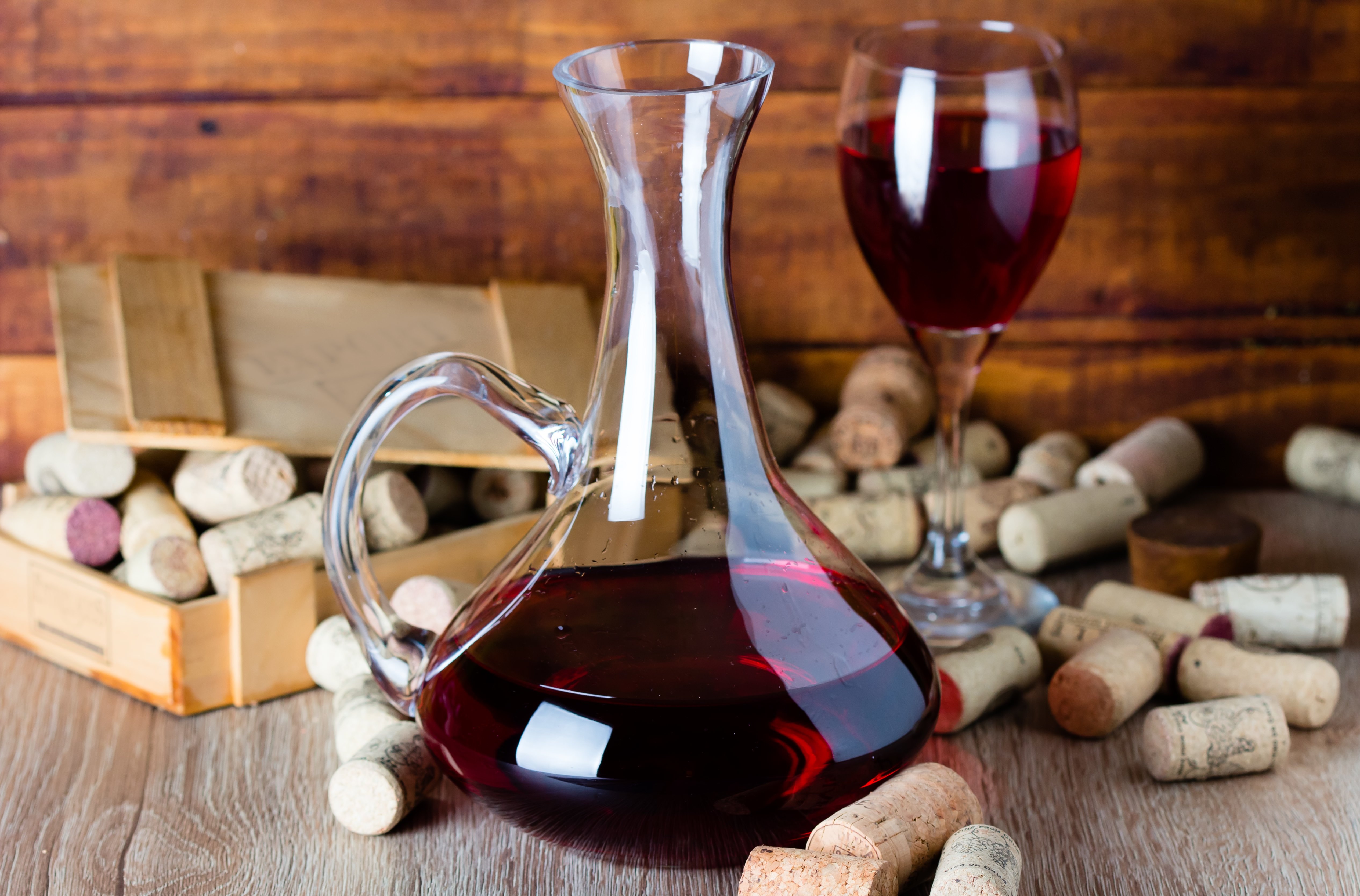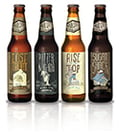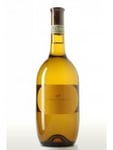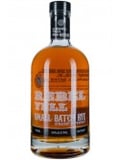3 min read
From Hurricanes to Sazeracs: Mardi Gras Cocktails with Food & Wine Pairings
Mardi Gras—also known as Fat Tuesday- is one of the world’s most iconic celebrations. Known as Carnival in many...

What’s the big deal with decanting wine? Wait — what does decant even mean?
It's a common question, so let's start with the dictionary definition. According to Merriam-Webster, to decant means to pour a liquid from one vessel into another without disturbing the sediment or the lower liquid layers.
One more definition: sediments in wine are leftover particles from the winemaking process. They’re usually tiny bits of stems, seeds, and skins from the grapes, or tartaric acid crystals that aren’t suspended in the liquid anymore. You might see them at the bottom of your glass after you drink all the wine.
Don’t let them worry you; sediments are normal and safe to consume, though they can add an undesired sharpness to some wines. And that's one of the two reasons people decant wine:
All wine benefits from aeration — some a little, some a lot.
What is aeration? In wine terms, aeration is mixing and circulating the liquid with air. This is the reason you see people swirling their wine glasses between sips. It’s not just a nervous tic or a not-so-subtle clue they’re getting tired of the conversation.
Well, how soon do you want to drink it?
Apart from “as soon as possible,” when do you want your wine to be ready to drink at its peak flavor? It’s worth thinking ahead.
Just like you wouldn’t expect a rose with closed petals to offer the same potent aroma as a fully bloomed one, a wine that’s been sealed in an airtight bottle won’t offer the best aroma, either. But give it some air, for a few minutes to a couple hours, and the wine has a chance to breathe — which is to say it opens up, revealing more of its characteristics.
In general, the bolder and more complex the wine, the more potential you can unlock by decanting it.
READ MORE: Why Decanting Wine Makes It Taste Better [VIDEO]
Simple: pour your favorite bottle into a decanter, careful not to pour the sediments. Decanters, by the way, are beautiful and interesting additions to your kitchen or bar — and range from quite affordable to exquisite, depending on your taste.
Now, swirl around the wine and let more surface area be exposed to the most air possible. Set it aside for 20 minutes to two hours and you’ll find the aromas and flavors have expanded far beyond the tight, compact, singular impression from before decanting.
Sure, you can decant red wine, white wine, or even rose or champagne. The question is whether it helps the particular bottle of wine open up.
Wines that will benefit most from decanting are big reds: think Italians like Super Tuscan, Montepulciano, Chianti, or Cabernet Sauvignon, Cab blends, Syrah, Petite Sirah, and Malbec.
Wines that don’t really need decanting would be most whites, or reds with more narrow bodies, like Pinot Noir. Exceptions would be aged white wines that will benefit from a little time and oxygen so they can unfold from their long storage before you enjoy them.
Now that you know the basics of decanting wine, your biggest problem is deciding whether to drink a bottle of white wine while you let a bold red decant for maximum enjoyment.




Feb 16, 2026by Ted Farrell
Mardi Gras—also known as Fat Tuesday- is one of the world’s most iconic celebrations. Known as Carnival in many...
Feb 7, 2026by Ted Farrell
The world is getting ready for the 2026 Winter Olympics, hosted in northern Italy in the stunning cities of Milan and...
Feb 3, 2026by Ted Farrell
Are you single and not-so-ready-to-mingle? Planning a solo movie marathon? Celebrate Valentine's Day with a little bit...